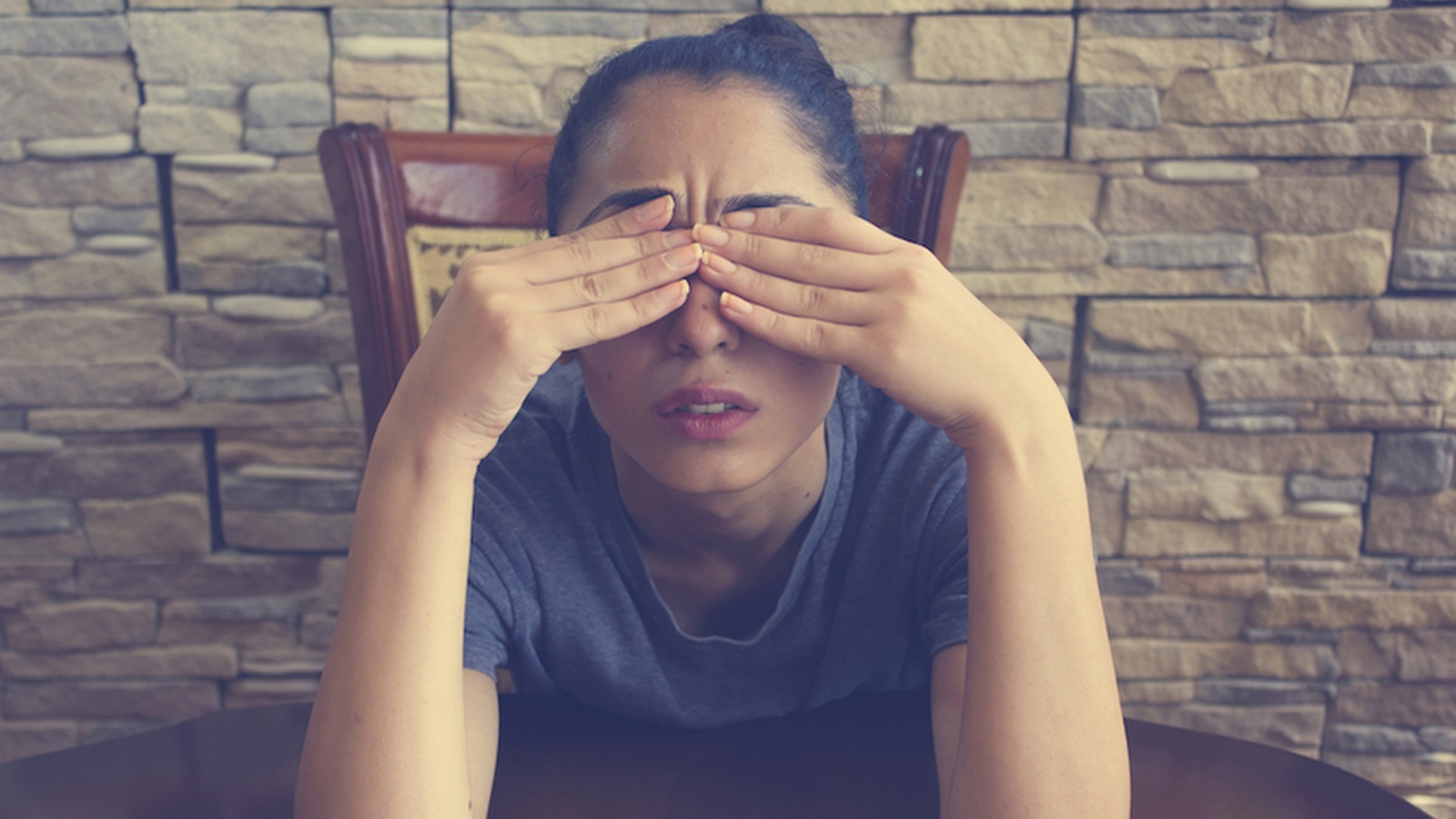Six Safe, Natural Solutions to Get Rid of Migraine Headache Pain
Migraines can be debilitating and sufferers are often only too anxious to rid themselves of the terrible pain characterizing this condition.
Many migraine sufferers don't realize the effects certain foods and chemicals may have on their systems, contributing to the development of migraines, or to their resolution.
The good news is that dietary changes, herbs and supplements can all work to provide natural relief to some migraine patients.
1. Avoid Food Additives and Artificial Sweeteners
Artificial sweeteners, preservatives and flavor enhancers such as monosodium glutamate (MSG), are known to create severe reactions in some people, triggering migraine headaches.
Despite numerous reported side effects and symptoms of aspartame toxicity, the FDA has allowed the product back on the market where it continues to cause numerous problems for consumers.
Sweeteners such as aspartame, saccharin and Splenda can be replaced with stevia, a naturally sweet herb with no known side effects and no calories.
2. Avoid Foods that Trigger Migraines
Chocolate, alcohol, caffeinated beverages, sodas, refined sugars, genetically modified foods, gluten-containing grains, aged cheeses and peanuts are some of the more common food culprits that may cause migraines.
Reintroduce potential problem foods one at a time over a period of weeks to find out which one is causing the problem. Taking these foods out of your diet may feel like a sacrifice; however, if your headaches are eliminated or greatly reduced, then it may be worth it.
3. Add Tryptophan to Your Diet
Tryptophan, one of the 10 essential amino acids, stimulates the production of the brain transmitter dopamine, which in turn contributes to the release of serotonin. Migraine relief often results from the flow of serotonin, which elevates moods, relieves anxiety and tension, and relaxes tiny muscles around capillaries in the scalp.
Add tryptophan to your diet either in supplement form or by eating foods like turkey, red meat, legumes, nuts and seeds.
4. Lavender - the Natural Analgesic
Lavender is used by herbalists to soothe jangled nerves and has an analgesic effect on migraine sufferers. Lavender reduces the inflammation that occurs in blood vessels during a migraine, and relieves spasms in the muscles of the neck, around the eyes and in the scalp.
Place dried lavender flowers in sachets or herbal hot packs to use when headaches start. Alternatively, make a tea by steeping one teaspoon of the dried flowers in one cup of boiling water for 15 minutes. Sip slowly throughout the day and sweeten if desired.
5. Ginger, Peppermint and Cayenne - the Natural Pain Relieving Herbs
Use common household herbs like ginger, peppermint and cayenne pepper to treat a migraine. Ginger or peppermint can also be helpful in reducing the nausea accompanying many migraine headaches.
To make a herbal tea, mix the three herbs together. Place a pinch of cayenne pepper, a one inch piece of fresh ginger and a teaspoonful of dried peppermint in two cups boiling water and allow to steep for 15 minutes. Remove the herbs and sweeten with honey to taste.
Natural pain relievers in each of these herbs can help ease away your migraine headache.
6. Butterbur - a Natural beta-blocker
Butterbur, a herb native to Europe and Northern Asia, was found to reduce the intensity of migraine headaches by lessening inflammation and stabilizing blood flow to the brain. It acts as a beta-blocker, helping to control blood pressure and preventing spasms in the capillaries.
Only use butterbur that is labeled PA-Free, ensuring that any harmful toxins have been thoroughly removed from the supplement, making the herb safe for use. Butterbur is also known to relieve numerous allergies, especially those that may contribute to causing headaches.
Discover how to lose excess fat from your belly, face & thighs in less than 7 days with this simple ancient practice. Watch the Detox Masterclass here. Playing for a limited time!









